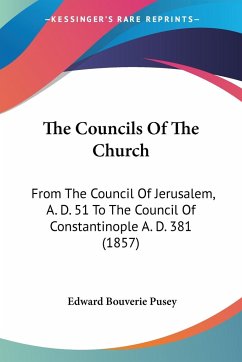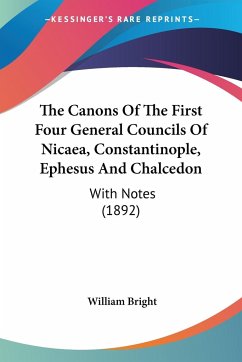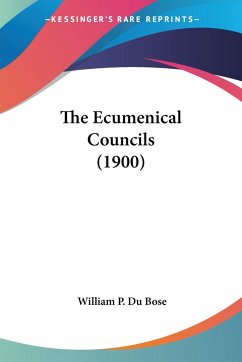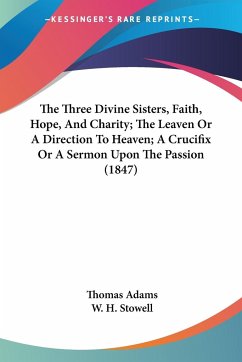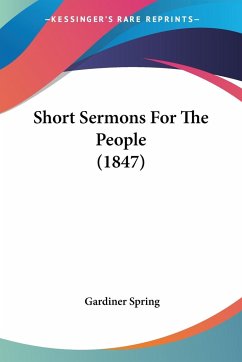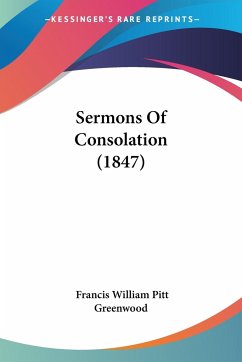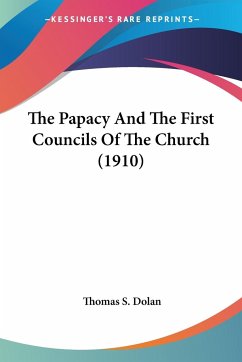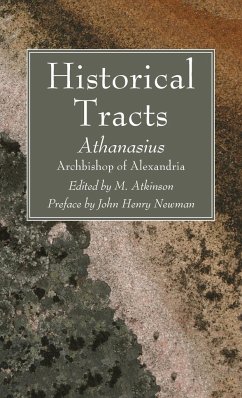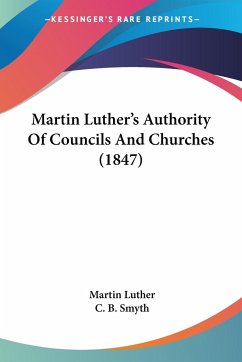
Martin Luther's Authority Of Councils And Churches (1847)
Versandkostenfrei!
Versandfertig in 1-2 Wochen
27,99 €
inkl. MwSt.

PAYBACK Punkte
14 °P sammeln!
Martin Luther's Authority of Councils and Churches is a book that was originally written in the 16th century by the Protestant Reformation leader, Martin Luther. This particular edition of the book was published in 1847 and is a translation of Luther's original work into English. The book explores the topic of the authority of councils and churches, specifically in relation to the Catholic Church. Luther argues that the true authority of the Church comes from the Word of God, rather than from the hierarchy of the Church itself. He also critiques the Catholic Church's reliance on tradition and ...
Martin Luther's Authority of Councils and Churches is a book that was originally written in the 16th century by the Protestant Reformation leader, Martin Luther. This particular edition of the book was published in 1847 and is a translation of Luther's original work into English. The book explores the topic of the authority of councils and churches, specifically in relation to the Catholic Church. Luther argues that the true authority of the Church comes from the Word of God, rather than from the hierarchy of the Church itself. He also critiques the Catholic Church's reliance on tradition and the Pope's authority, arguing that these things are not necessary for a true understanding of Christianity. Throughout the book, Luther uses biblical references and historical examples to support his arguments. He also addresses criticisms of his own beliefs and responds to objections from those who disagree with him. Overall, Martin Luther's Authority of Councils and Churches is a significant work in the history of the Protestant Reformation and the development of Christian theology. It provides insight into Luther's beliefs and his critiques of the Catholic Church, and continues to be studied and debated by theologians and scholars today.This scarce antiquarian book is a facsimile reprint of the old original and may contain some imperfections such as library marks and notations. Because we believe this work is culturally important, we have made it available as part of our commitment for protecting, preserving, and promoting the world's literature in affordable, high quality, modern editions, that are true to their original work.




